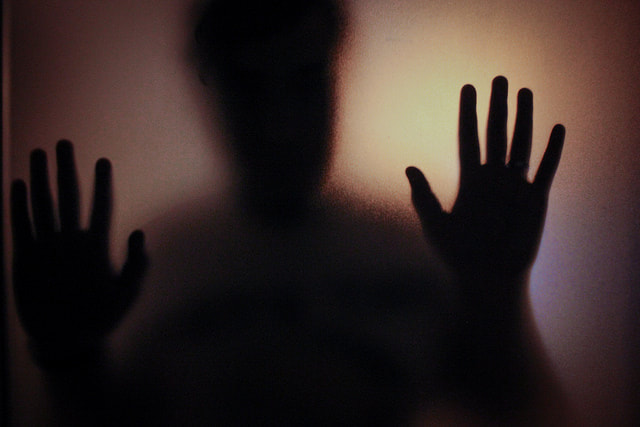|
Photo: Christopher Ebarb My husband told me I should sit and do nothing. In today’s fast-paced society, doing nothing takes effort, especially for someone like me who enjoys being busy. “I’ll fall asleep,” I told him. And yet, a Business Insider article reveals idle time actually leads to better productivity. I have to admit inspiration tends to strike when I’m working in the yard or taking a shower, a deviation from my normal state of busyness. But I’m still “doing” in those instances. What would happen if I did nothing? Would I truly fall asleep? Men may find it easier to be idle as they, unlike women, actually have a “nothing box,” according to Mark Gungor, chief executive officer of Laugh Your Way America. Men’s brains are like waffles, after all, with compartmentalized subjects. Women’s brains, on the other hand, tend to be more like spaghetti, wherein each subject is related to another. One thought leads to another about a linked topic and to another and so on. A nothing box? That’s a joke. Most women’s brains never stop thinking. And therein lies the crux. The brain is complex. It needs times of rest to reboot, so to speak, similar to the way our “smart” phones require occasional restarts to improve performance. Perhaps a man’s time spent in his nothing box inspires him. Author Sandi Mann wrote an entire book about the subject of downtime. (Maybe she was bored.) Titled “The Science of Boredom: Why Boredom Is Good,” the book reveals how boredom “can be a catalyst for humor, fun, reflection, creativity and inspiration.” I remember times of boredom in my childhood, when technology was much less prevalent than it is today. Those times forced me to expand my thoughts. I had to come up with things to do to avoid being bored. That feeling led me to read books and increase my knowledge, play solitary games and learn to strategize, and be productive and contribute to the household chores without being asked. Maybe boredom and inactivity really are good things, and we should facilitate them in our daily lives and encourage those around us to do likewise. I’m still experimenting with doing nothing. It definitely does not come easy for me. But thanks to this research, I’m not completely opposed to the idea. What about you? Are you willing to give it a try?
0 Comments
Photo: Lena Del Ray It’s not normal to be afraid of bushes. Is it? I found myself nervous to enter our backyard and eyed our oleanders with caution. My kids had used a black light to illuminate the bushes and had seen several scorpions hiding there. They asked if I wanted to see them too. I declined. If I didn’t see them, they couldn’t exist. At least that’s what I wanted to believe. I’ve done yard work regularly over the past two decades without any issues other than occasional ant bites. But on my most recent venture into the backyard, my nerves were on high alert. Yet, the only difference between earlier treks there and this one was awareness. I liked it better when I didn’t know scorpions hung out in my bushes. Knowing they were there gave me a sense of fear. Sometimes fear can paralyze us and keep us from performing certain tasks. Fear comes in lots of shapes and sizes:
Fear can result in good. In my junior high days, I made the girls’ softball team. In our first exhibition game, against the faculty, I was assigned to play left field. When one of the teachers hit a pop fly in my direction, all eyes focused on me to see if I’d catch the ball or drop it. Fear ranked pretty high in my thoughts during that game. Fortunately, I did catch the ball, resulting in the third out for the faculty for that inning. That event boosted my confidence, and I ended up playing left field the rest of that softball season and the next two. Fear triggers an adrenaline rush, which can help you face the fear or quickly flee from it. In my softball days, that rush helped me face and overcome my anxiety. It could have turned out differently. Thankfully, it didn’t. As I eyed our backyard bushes, I heard rustling. My dog emerged, obviously unafraid of any creepy-crawlies lurking there. If she had no fear, why should I? Our leaf trimmer roared to life, and I trimmed the oleanders, never seeing a single scorpion. Fear versus respect There’s often a difference between fear and respect. Fearing clowns, for example, doesn’t necessarily mean you respect them. But you can have a healthy respect for falling that conveys as a fear of heights. Personally, I have a healthy respect for scorpions. I hope they have the same for me. |
Lana GatesChristian, wife, mother of 5, breast cancer survivor, marathon finisher, writer and editor, author of "Help! I'm a Science Project" Archives
November 2018
Categories |


 RSS Feed
RSS Feed